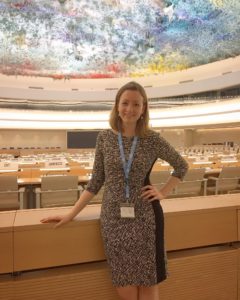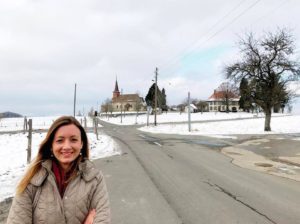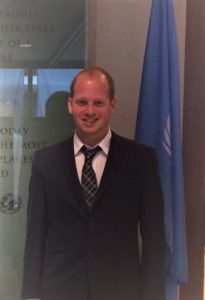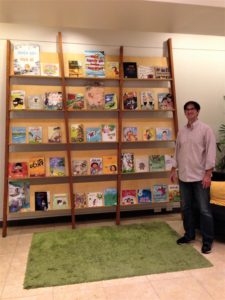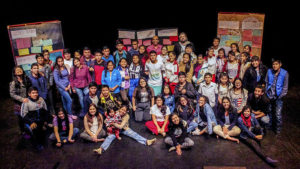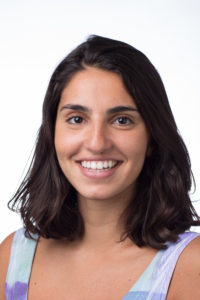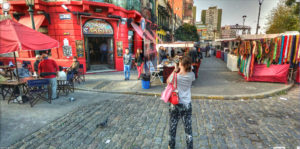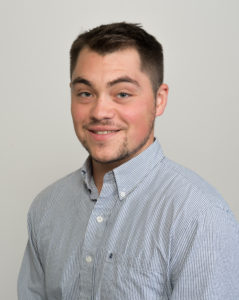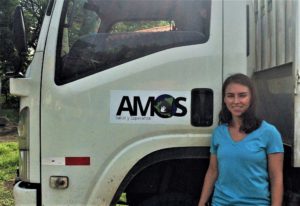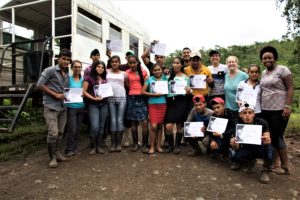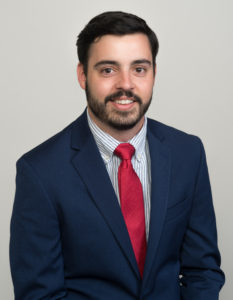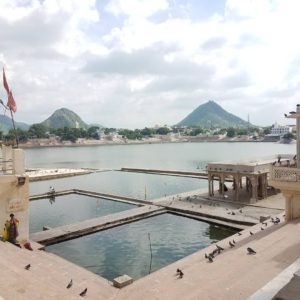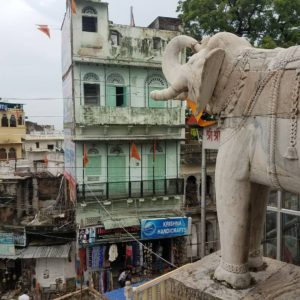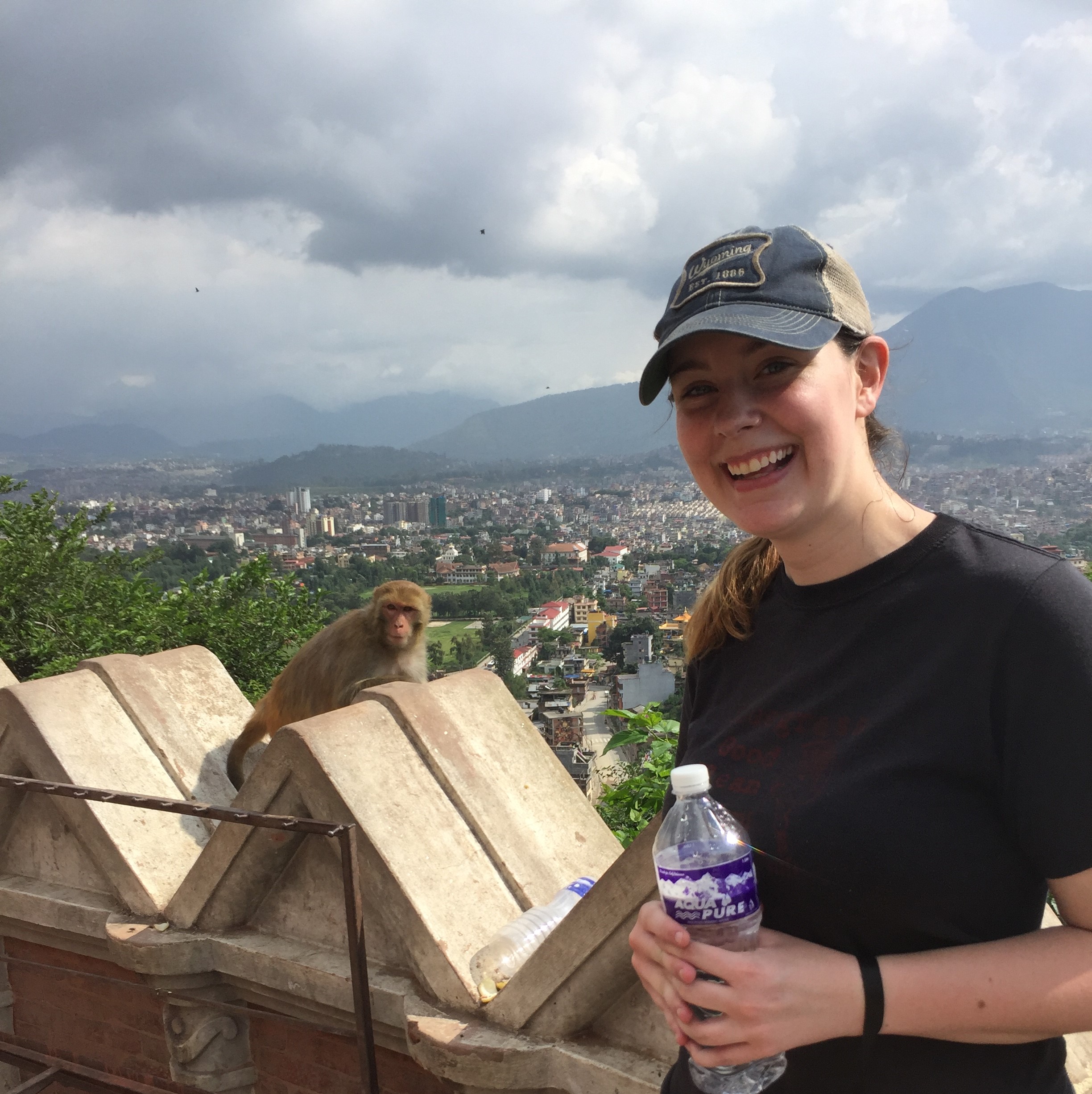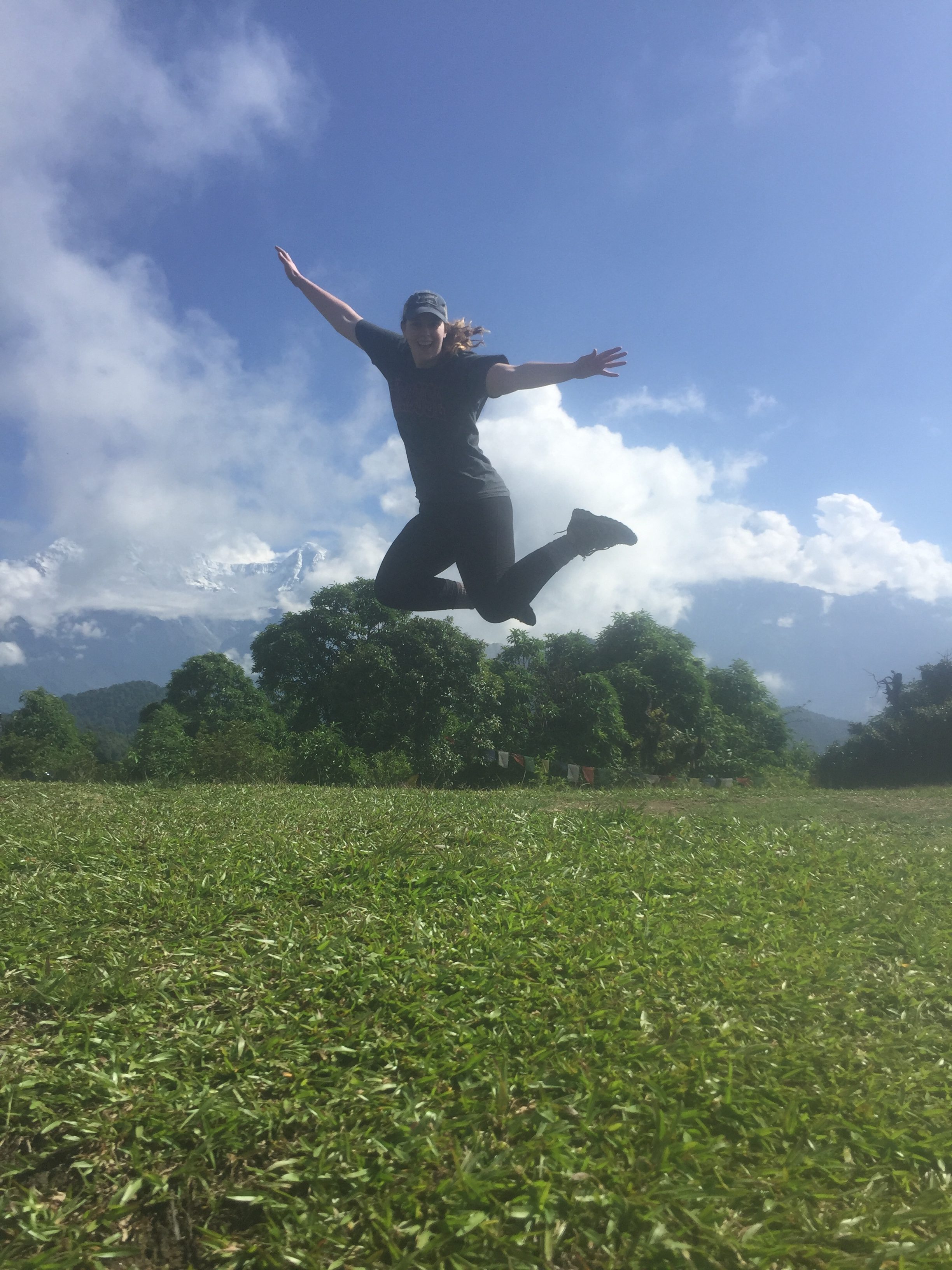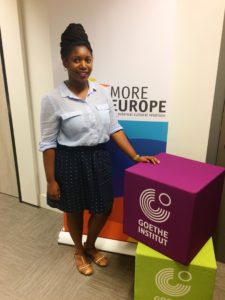Badr Elbendary received his MA in International Relations from the Maxwell School in 2017. He participated in the Maxwell-in-Washington program this past fall.
I feel lucky that I had the opportunity to intern at The Tahrir Institute for ME Policy (TIMEP) last Summer while being enrolled in the MAIR program at the Maxwell School. My off-campus experience working with TIMEP in Washington, D.C. was so fulfilling and it gave me the opportunity to broaden my work experience and work closely with a leading think tank on analyzing the MENA region policies and monitoring its improvements. It related to my activism background in Egypt during and after the January 25, 2011 revolution, which shifted my interest from my previous career involving economic journalism and media to becoming a practitioner in the Conflict Resolution and Peacebuilding field. My experience with TIMEP offered me a smooth transition experience.
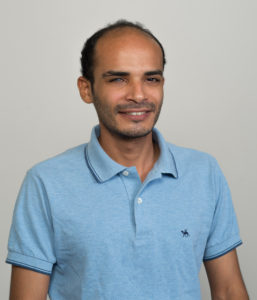
At TIMEP, I worked as a member of a five-person team to research, analyze, and draft published reports for a project assessing prospects for transitional justice in Egypt. I also contributed to research direction and conducted data collection for a project documenting Egypt’s economic indicators. In addition, I managed a portfolio of research on rights and freedoms in Egypt, including delivering daily oral and written briefings to staff, identifying areas needing further research, and proposing initiatives to cover important topics.

I was honored to receive the Cramer award from the Maxwell School that helped me to afford my off-campus experience last Fall. It gave me the opportunity to support myself with all the requirements that guaranteed an efficient networking process with people that work in the Conflict Resolution field, attend relevant conferences, and get the opportunity of visiting and observing organizations that work in the field.

